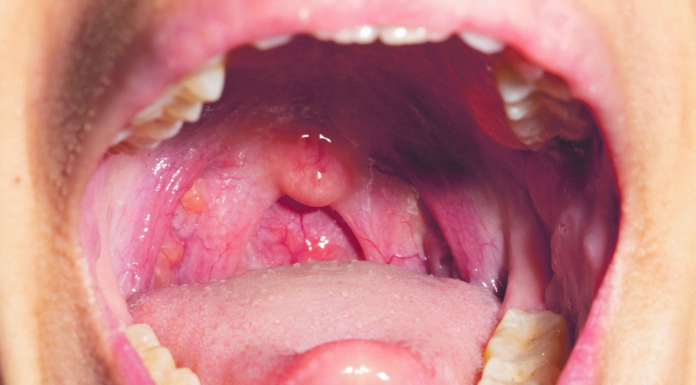Wairarapa has recorded 13 cases of whooping cough [pertussis] in the year to date, according to the pertussis dashboard maintained by Environmental Science and Research [ESR].
The data comes as Health New Zealand Te Whatu Ora [HNZ] reports a “significant” nationwide increase in the disease.
Of Wairarapa’s 13 cases, 12 were recorded in May, compared to zero cases recorded in Wairarapa for the whole of 2023.
The ESR dashboard also shows that five of the cases – or 38 per cent – were hospitalised.
“Epidemics of pertussis occur every three to five years, with the last national outbreak beginning in late 2017 and continuing through 2018. So we are due for another outbreak,” HNZ national clinical director Dr Susan Jack said in a statement to the Times-Age.
Since January, 125 cases have been recorded nationally.
“This is the largest number of cases since August 2023, when 34 cases were notified”, Jack said. “It also represents a marked increase in cases since the beginning of the year, when four cases were notified in January 2024.”
The number of cases being reported has prompted HNZ to send an alert to the wider health sector and ask healthcare providers to consider whooping cough risk for any patients presenting with respiratory symptoms.
The spike in whooping cough cases in New Zealand can be attributed to “waning immunity”, Jack said.
“That is a contributor, as having the disease or vaccine protection usually lasts only 5-10 years. These factors, combined with the length of time since the previous outbreak, are cause for extra caution.”
Jack said whooping cough can be particularly serious for babies and young children, “especially those under one year old”.
And while the ‘whoop’ cough is a symptom in older children, that is not the case for those under six months old.
“They instead may present with breathing problems including stopping breathing and turning blue rather than cough,” Jack explained. “Some may not be able to feed or breathe properly and need hospitalisation. In extreme cases, pertussis can lead to serious complications such as pneumonia or brain damage.
“Whooping cough in young babies is unpredictable and can get worse very quickly.”
Jack advised that immunisation “is the best way to protect you and your whanau from whooping cough” and that the best protection for infants is “for their māmā to be vaccinated during pregnancy”.
“This is most effective when given from 16 weeks of pregnancy. Pregnant people should be vaccinated during every pregnancy, and this is funded,” she said.
“The vaccination is free for pregnant people, and anyone aged under 18,” Jack said.
“Adults aged from 45 to 65 years are also eligible for a free booster, as are people at higher risk of becoming unwell from whooping cough.”


